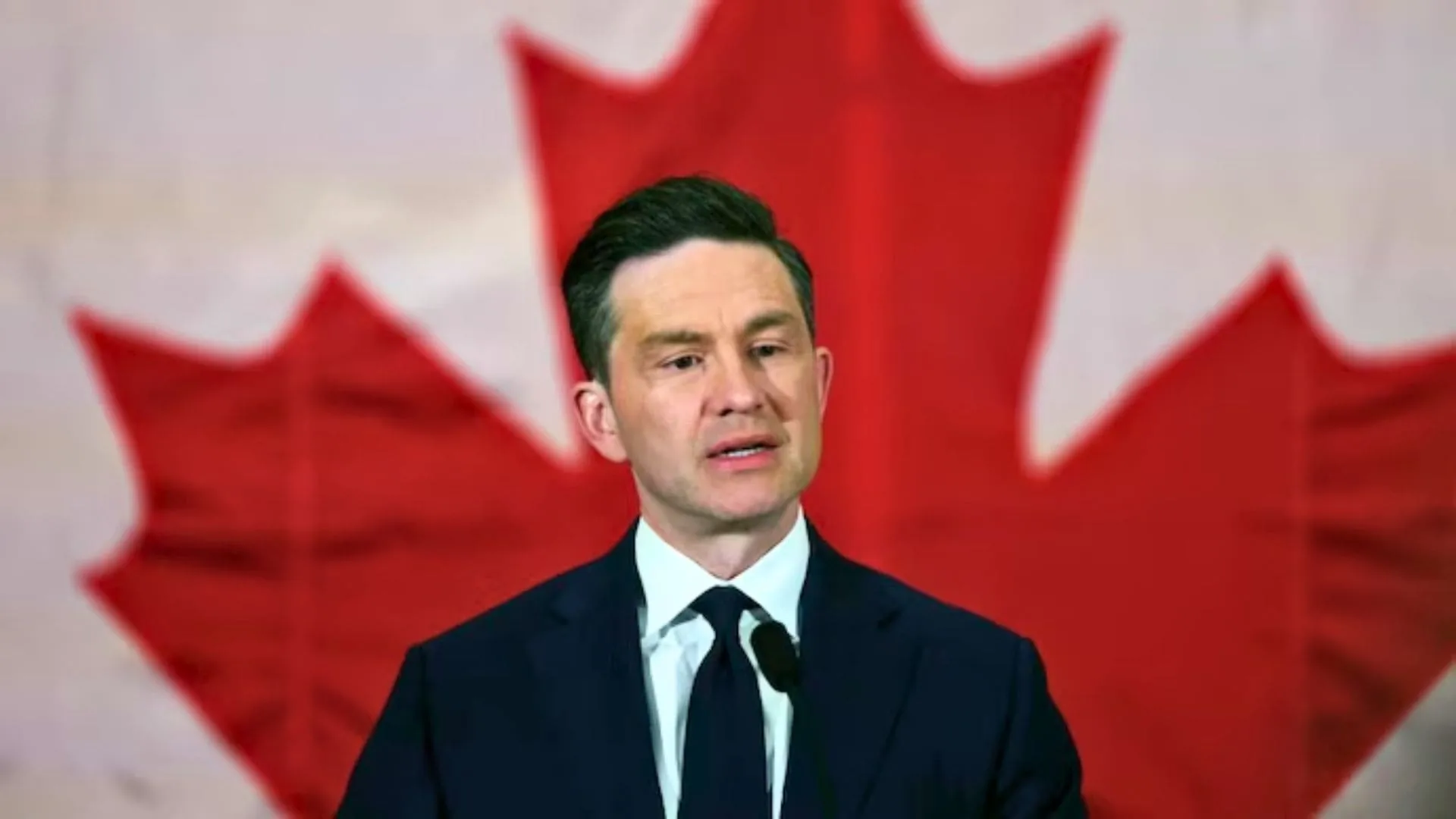US president-elect Donald Trump escalated his threats against Canada by declaring that his country would employ “economic force” against its neighbor, which is now set to add to the volatile political climate in Ottawa. Trump said this in a Tuesday news conference where he again made previous claims that the US subsidizes Canada, suggesting the country leans too heavily on the US to cover defense costs. Trump’s statements are likely to ignite tensions within Canada, which is already struggling with political instability due to the surprise resignation of Prime Minister Justin Trudeau.
Almost a decade in office, Trudeau announced that he would resign after his Liberal party chooses a new leader. This has created a leadership race with former Bank of England governor Mark Carney in the running. Carney, who was prompted by Liberal lawmakers, is being tipped as a contender to lead the party forward amidst rising inflation concerns, housing crises, and food prices.
While Trump’s administration has always taken protectionist approaches on tariffs and trade policies, it is statements such as his concerning Canada’s status that have set a new trend in uncertainty. In a controversial remark, he mentioned that perhaps because of their huge trade deficit with the US and dependence on the US’s defense, it was time Canada become the “51st state.” His speech sharply contrasted the words he would later give by Joe Biden who praised Justin Trudeau’s leadership while reemphasizing strength of the United States-Canada alliance.
As Canada grapples with a suspended parliament and a leadership race underway, many questions remain as to how these events will affect the country’s political future. Conservative leader Pierre Poilievre is poised to capitalize on Trudeau’s unpopularity, positioning himself for a potential majority government.
With the political race heating up, Carney’s potential leadership bid could dramatically shape Canada’s future amid uncertain relations with its southern neighbor.























